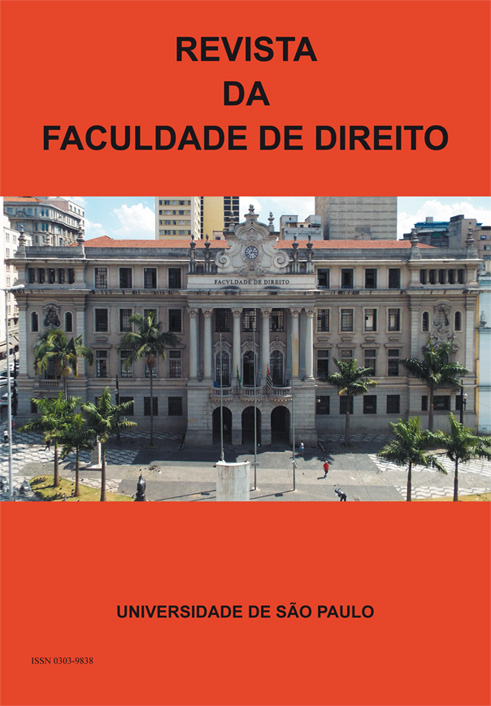Who inhabits human dignity? The kantian grounding
Keywords:
Categorical imperative, End in itself, Human dignity, Rational nature, Autonomy of the will.Abstract
This paper examines Kant’s concept of human dignity based on the Groundwork for the Metaphysics of Morals (1785), in particular, the role of the autonomy of the will in grounding dignity. The starting point of such examination is the transcendental freedom of the Critique of pure reason (1787 edition), followed by the analysis of some elements of Kant’s moral theory, especially the categorical imperative, in two of its formulations, and the concept of human dignity. The relationship between dignity, rationality and autonomy (as self-legislation, in accordance with Kantian morality) constitutes the purpose of the paper, to be concluded with brief comments on some difficulties arising from that relationship.
Downloads
References
DEAN, Richard. The formula of humanity as an end in itself. In: HILL JR., Thomas (Ed.). The Blackwell Guide to Kant’s Ethics. Blackwell Publishing Ltd. 2009. p. 83-101.
______. The Value of Humanity in Kant’s Moral Theory. New York: Oxford University Press, 2006.
HÖFFE, Otfried. Immanuel Kant. Trad. de Christian Viktor Hamm e Valério Rohden. São Paulo: Martins Fontes, 2005.
KANT, Immanuel. Sobre a expressão corrente: isto pode ser correcto na teoria, mas nada vale na prática. In: A paz perpétua e outros opúsculos. Trad. de Artur Morão. Lisboa: Edições 70, 2002. p. 57-102.
______. Crítica da razão prática. Trad. de Valerio Rohden. São Paulo: Martins Fontes, 2003.
______. Fundamentação da metafísica dos costumes. Trad. de Paulo Quintela. Lisboa: Edições 70, 2004.
______. Crítica da razão pura. Trad. de Valerio Rohden e Udo Baldur Moosburger. São Paulo: Editora Nova Cultural, 2005.
______. Fundamentação da metafísica dos costumes. Trad. de Guido Antônio de Almeida. São Paulo: Discurso Editorial: Barcarolla, 2009.
KAULBACH, Friedrich. Immanuel Kant. Berlin/New York: de Gruyter, 1982.
KERSTEIN, Samuel J. Kant’s Search for the Supreme Principle of Morality. Cambridge: Cambridge University Press, 2002.
LEBRUN, Gérard. Uma escatologia para a moral. In: TERRA, Ricardo R. (Org.). Idéia de uma história universal de um ponto de vista cosmopolita. Trad. de Rodrigo Naves, Ricardo R. Terra. 2. ed. São Paulo: Martins Fontes, 2004. p. 69-105.
O’NEILL, Onora. Universal laws and ends-in-themselves. In: Constructions of reason. Explorations of Kant’s practical philosophy. 5. ed. New York: Cambridge University Press, 2000. p. 126-144.
PATON, H. J. The categorical imperative: a study in Kant’s moral philosophy. 3. ed. Philadelphia: University of Pennsylvania Press, 1971.
SENSEN, Oliver. Dignity and the formula of humanity”. In: TIMMERMANN, Jens (Org.). Kant’s groundwork of the metaphysics of morals. A critical guide. New York: Cambridge University Press, 2009. p. 102-119.
TIMMERMANN, Jens. Kant’s groundwork of the metaphysics of morals. A commentary. New York: Cambridge University Press, 2007.
WOOD, Allen W. Kantian ethics. New York: Cambridge University Press, 2008.
______. Humanity as an end in itself. In: GUYER, Paul (Ed.). Kant’s groundwork of the metaphysics of morals: critical essays. Lanham, Maryland: Rowman & Littlefield, 1998. p. 165-188.
Downloads
Published
Issue
Section
License
Copyright (c) 2014 Revista da Faculdade de Direito, Universidade de São Paulo

This work is licensed under a Creative Commons Attribution-NonCommercial-ShareAlike 4.0 International License.


